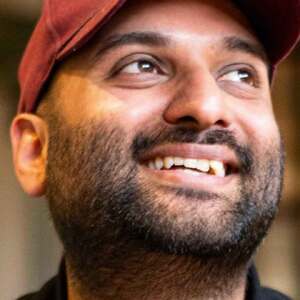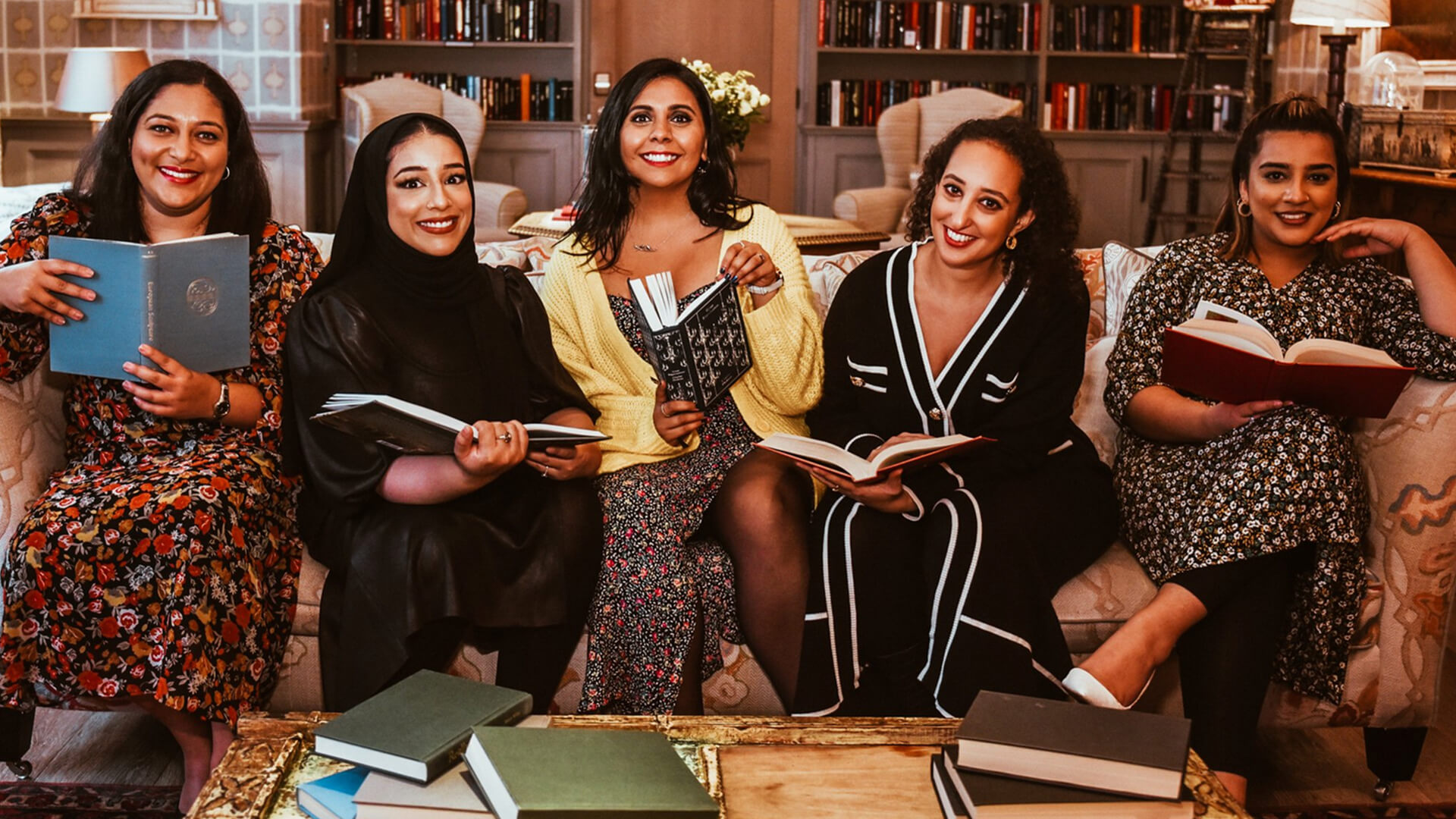You are viewing your 1 free article this month. Login to read more articles.
The everyone club
Book clubs are changing, and the result is transformative for authors with imposter syndrome.
I’ve been to quite a few author events in my time. In the back room of a Waterstones, at the Southbank Centre in London, over Zoom as they all moved to an online space in the pandemic. I enjoy watching authors talk about their craft, how they come to ideas, how they write. It’s exhilarating to hear from my favourite creators how exactly they create, how similar or different we might be.
It was one of the things that I was worried about when I started my own publishing journey. Are people really going to care about what I have to say about writing? More importantly, do I have anything to say about writing? After all, I’m just a 27-year-old; what do I have to say on the subject of writing that is remotely important?
That, by the way, is the voice of Imposter Syndrome, which still sits in the front of my mind every day.
The event requests came in. Festivals wanted me to talk, with other authors, with a chair. I got asked to do online events with writers talking about the way I write. I was even asked to do a keynote speech at a writers’ conference, which blew my mind so much I procrastinated writing the speech until two weeks before I was meant to deliver it in front of far too many people.
And then I had a request come in from The Candid Book Club, a collection of five women of colour who come together to discuss their favourite books. Their events are open to whoever wants to come, and the books are to be read before the event so discussions can be as open as necessary without the need to protect people from spoilers.
I was struck by this invitation for two reasons: one, they had just had Elif Shafak as their recent guest; two, I had never been to a book club event before.
I’ve sat around with friends and discussed books that we have read, which I guess we could count as an informal book club, but the official book clubs—choosing a book together, reading it, coming together after to discuss it— had never felt like something I could be part of. In my head, they were for women, white women, who liked to drink wine and sit on very plush sofas as they discussed everything but the book they had read.
Book clubs, to me, fit into that narrow space that publishing had decided defined readers: white, middle-class women. So they were definitely not for me, a working-class Pakistani man.
In my head, book clubs were for women, white women, who liked to drink wine and sit on very plush sofas as they discussed everything but the book they had read.
But one of the great things about being alive right now is seeing people decide that if they’re not feeling welcome in a space, they’ll make their own. The Black Girls Book Club is one of those spaces; The Candid Book Club is another.
I was a little terrified before going into the event. When I walked into Waterstones Piccadilly, where the event was hosted, and saw the round table of chairs that had been set up, it instantly felt different from other events I’d been at, where I would sit at the front and have people stare at me as I answered questions. This felt intimate and, importantly, equal. I was the author, yes, but the platform was for us all.
I quickly met the members of The Candid Book Club: Linda, Jess, Tanya, Omma and Mimi. They were all delighted to see me and eager to begin discussing the book. They explained that while I was the author, it was less me talking at everyone and more everyone having their moment to discuss the book. They wanted everyone there to feel comfortable to say and ask me anything. And, they said, spoilers were absolutely part of the conversation.
I’ve described this event as the best I’ve been invited to, and I mean that as no exaggeration. I cannot describe the feeling of watching people discuss my characters as if they were real people, who saw them the way I do. It felt euphoric. I kept turning to my friends, who had come with me, with shock on my face, laughing as my characters’ actions and motivations were questioned, put on court as if they really existed.
I have never felt so connected to my readers, if I can be so bold to call them that, than in that moment.
Reading is a very solitary thing for me, from when I was a kid reading by myself to escape from the world for a moment. When I tell my friends about a book I have read, it’s rare that they have also read it. By the time they get there, or by the time I get there for them, we have read tens of other books and moved on.
Being in that circle reminded me of how collaborative reading can be, how it can make us feel connected to other people. It reminded me of the shared joy and power that fiction can create.
And it’s places like The Candid Book Club that bring that feeling to people like me, who may have felt unwelcome in those spaces before. It’s important work that they are doing, by picking an author like me to bring to their community.
As I said to them before I left Waterstones that evening, I’ll be there for every other event that they do, which I’m sure there’ll be many, many more of in the future.




















